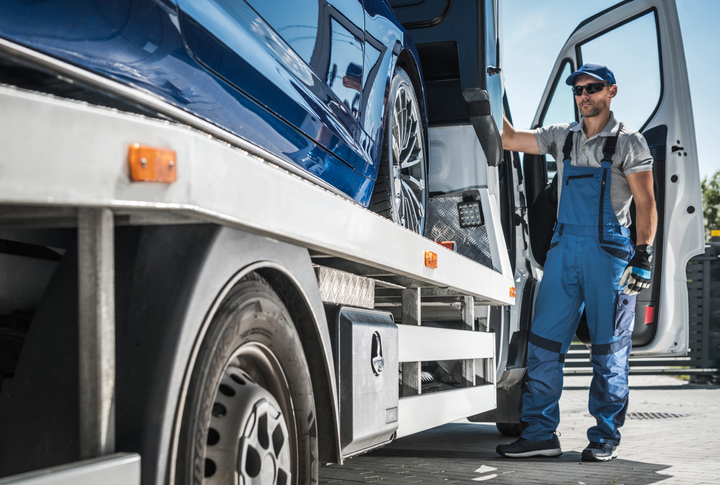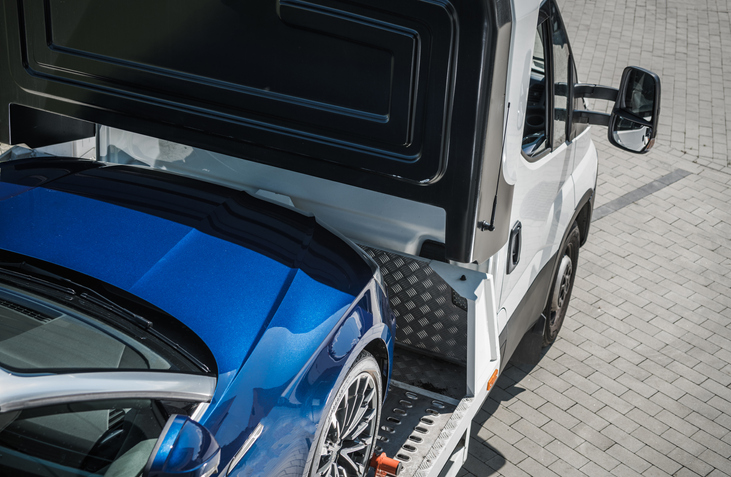
The Risks of Delaying Bankruptcy: A Cautionary Tale of Auto Repossession
In the realm of financial distress, the decision to file for bankruptcy is often fraught with hesitation and uncertainty. Many individuals grapple with the stigma associated with bankruptcy, viewing it as a last resort. However, postponing this crucial decision can sometimes lead to dire consequences, such as the repossession of a vehicle—an essential asset for most people. This article delves into why delaying bankruptcy can be detrimental and how timely action could potentially save valuable assets like your automobile.
The Domino Effect of Delaying Bankruptcy
When facing overwhelming debt, each day of inaction can exacerbate the situation. Creditors continue to accrue interest and late fees, while the debtor’s financial situation becomes increasingly precarious. The stress of mounting debts can lead to missed payments on crucial assets, such as an automobile, which, in turn, can trigger repossession actions by creditors.
Auto Repossession: More Than Just Losing Wheels
For many, a car is not just a mode of transportation; it’s a lifeline. It’s the means to get to work, transport children to school, and manage daily errands. Losing a vehicle to repossession can have a ripple effect, potentially jeopardizing employment and further straining financial stability. Once a car is repossessed, the options for recovery are limited and often involve paying the full balance due, plus additional fees—a tall order for someone already in financial distress.
Bankruptcy: A Timely Intervention
Filing for bankruptcy initiates an automatic stay, which immediately halts all collection activities, including repossession. This legal respite can provide a crucial window of opportunity to reorganize finances and develop a plan to retain essential assets.
Chapter 13 Bankruptcy: A Lifeline for Your Vehicle
Chapter 13 bankruptcy, often known as a wage earner’s plan, allows individuals with regular income to develop a plan to repay all or part of their debts. Under Chapter 13, debtors can propose a repayment plan to make installments to creditors over three to five years. Crucially, if your car has been repossessed but not yet sold, filing for Chapter 13 might enable you to recover the vehicle and incorporate the outstanding balance into your repayment plan.
The Perils of Procrastination
Waiting too long to file for bankruptcy can close the window of opportunity to utilize these legal protections. Once a car is repossessed and sold, the chances of getting it back are slim. Moreover, the financial obligations don’t end with the sale of the vehicle; if the sale doesn’t cover the full amount owed, you could still be liable for the deficiency balance.
Act Before It’s Too Late
If you’re drowning in debt and facing the loss of essential assets like your car, it’s crucial to explore your legal options promptly. Bankruptcy should not be viewed as a failure but as a tool for financial recovery and a step towards regaining stability. Consulting with a bankruptcy attorney can provide clarity on your options and help you make informed decisions in a timely manner. Remember, in the realm of financial distress, time is more than just money—it’s the key to safeguarding your future.


Get a Free Bankruptcy Case Evaluation